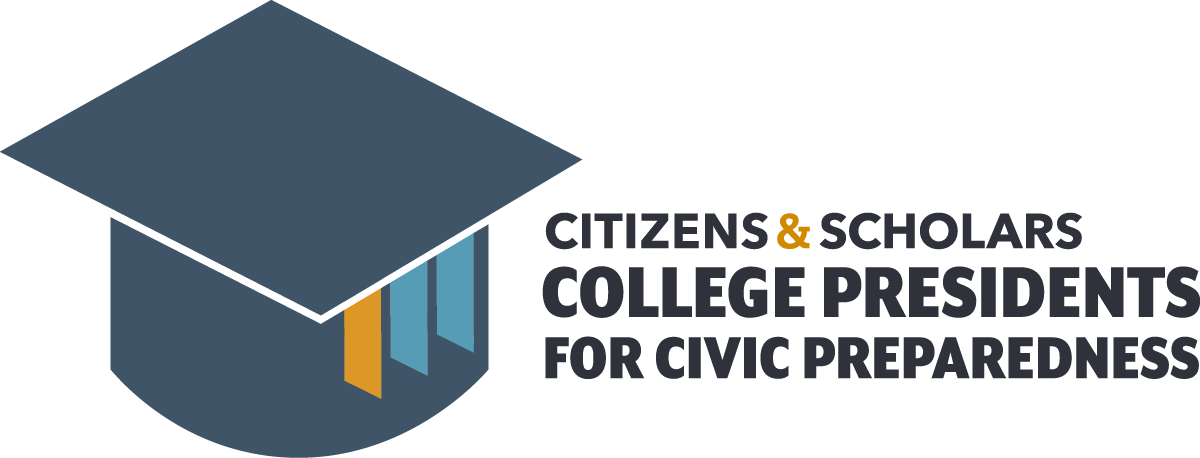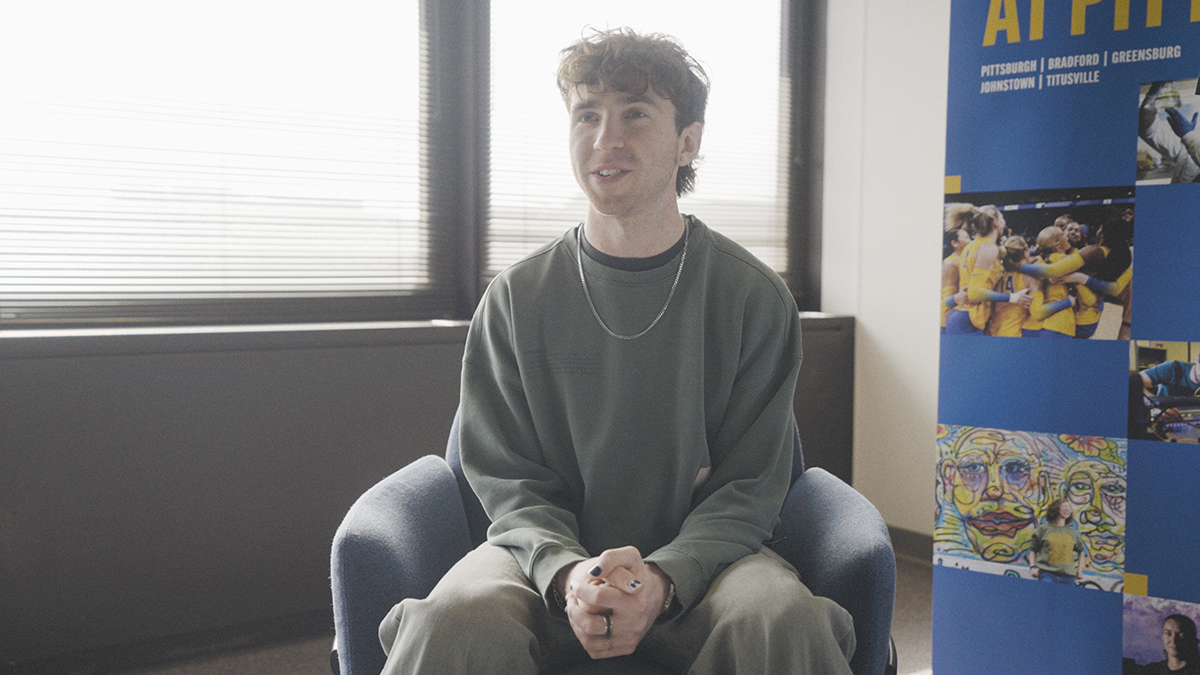Alex Weaver is a senior at the University of Pittsburgh, president of the BridgeUSA chapter, and an intern at the Institute of Politics.
“What really struck me was that students didn’t just come to be heard; they came to listen. There were students who said, ‘I’ve never had this conversation before,’ and by the end, they were asking deeper questions. That felt really powerful.”
Why do you care about this work?
I think about the way that I was raised. I grew up in a rural community. I had wonderful teachers, amazing people around me, but it was a fairly homogenous experience. I didn’t always feel like I was encouraged to ask questions or to challenge ideas. So when I got to college, I really started to think differently, and that’s part of why I care about this work so deeply.
I really believe in the power of asking questions—asking more questions, and better ones. That’s what this work is rooted in for me. I grew up as a listener. I wasn’t always the person speaking up in class, but I was always thinking and reflecting. Over time, I’ve come to see that the kind of person I am—the kind of student I was—belongs in this work. Dialogue makes space for different kinds of leadership and presence.
I’ve been a part of Bridge Pittsburgh for four years now. This year I’m the president of my chapter. We try to create spaces on campus and foster a culture of civil dialogue and empathy. A lot of students will even come and not say anything—they just want to learn.
What makes Pitt a good place for dialogue work?
Pitt has such a wide range of students and communities. We’ve got local students, international students, students from urban and rural areas. There’s this amazing mix, which means there’s also a lot of opportunity for misunderstanding—or for learning. I think we’re trying to create more moments of learning. Dialogue helps with that.
Can you share a moment that felt meaningful or showed the impact of this work?
There was one event where students came together to talk about the Israel-Palestine conflict. It wasn’t easy—there was tension, of course—but people showed up with care. And what really struck me was that students didn’t just come to be heard; they came to listen. There were students who said, “I’ve never had this conversation before,” and by the end, they were asking deeper questions. That felt really powerful.
Another great example is our BridgeUSA meetings. We take an approach guided by principles—listening to understand, not just to respond. Recognizing that people don’t represent their entire social group—they represent themselves. And when people understand that, it really changes how they show up.
I’ve also attended All Angles events, and the same thing happens. Students show up. Even if they’re quiet, their presence shows a hunger for dialogue.
What skills have you gained from this work?
I’d say some of the skills that I’ve adopted from the work I’ve done with Bridge and others is really being an understanding listener, and stepping back from a conversation and realizing, “Okay, I may be assuming too much.” Backing away and trying to understand someone’s full experience and what might be motivating them or influencing their perspective—that’s a skill I didn’t always have, and I’ve really tried to work on it.
Have your views changed through this work?
Well, to be honest, I almost think about my younger self a bit. I feel like I’m a new person, not only every year, but every day. So yes, I think being open to change and expanding how you view different issues, or how you consider the people around you, is just incredibly important. That’s one of the most valuable things about this work.
What do you think makes civil discourse work on campus?
It works when people feel like they’re safe enough to be vulnerable. That doesn’t mean it’s always comfortable—actually, discomfort is part of it. But when students trust that their perspectives won’t be dismissed, they show up more honestly. That’s where learning happens.
Why do peer facilitators matter?
I think having peer facilitators is the backbone of why a program like this can be so successful—because it demonstrates to other students that we are capable of this. That this isn’t just a skill for someone with a title or a faculty member or an expert. It’s a skill that any of us can practice. And when students see other students modeling it, they’re more likely to buy in.
That’s also what makes BridgeUSA so powerful—it’s youth-led. It’s by young people, for young people. It helps show that we don’t need to wait to grow into these roles. We can lead right now.
What does civil discourse mean to you?
It’s not just about agreeing or disagreeing—it’s about making space. It’s about asking, “What don’t I understand yet?” and being willing to sit with uncertainty. It’s not always neat. But it’s real.
Do you feel that students at Pitt are open to engaging in discussions on difficult topics?
Absolutely. A lot of students want to have these conversations—they just don’t always know how or feel safe enough to try. Online spaces can make dialogue feel hostile, so having in-person spaces on campus where students can sit down, ask questions, and actually be heard makes a huge difference. It’s something people crave, even if it’s hard. Because that’s how you can really connect with people and talk to people. If you’re online, it’s much easier—you can just ignore someone and not respond and not engage in the conversation.
So creating spaces on campus where people can sit down with each other and talk is something that people do want. Because that’s how you have your voice heard. That’s how you are able to teach other people and to teach yourself. And everyone benefits from those kinds of conversations. So I think that absolutely is something that a lot of people do want.
What gives you hope?
Students. Every time I’m in a room with students who are willing to do this work—even when it’s hard—I feel hopeful. They care about each other. They care about the world. And they’re trying. That’s enough to keep going.
What does bridge building mean to you?
Bridge building is something I’m very passionate about. Coming from a fairly homogenous town, Pitt’s diversity opened me up to new experiences and perspectives. It’s about creating space for civil dialogue, empathy, and understanding—especially when it’s hard.
How do you hope this work continues at Pitt and beyond?
I think Pitt has the chance to really be a leader in this work. We have an engaged student body and a lot of energy around this. We could model how civil discourse can look—not just here but on other campuses across the country.
I’m also working as an intern with the Institute of Politics to help design a program that trains student leaders across campus to facilitate civil dialogue. It’s exciting to think about scaling this work—reaching more students and building a long-term culture of curiosity and conversation.
I’m proud to be a Pitt student. We’re already doing the work—and I think we have the potential to set a national example for what dialogue in higher education can look like.

